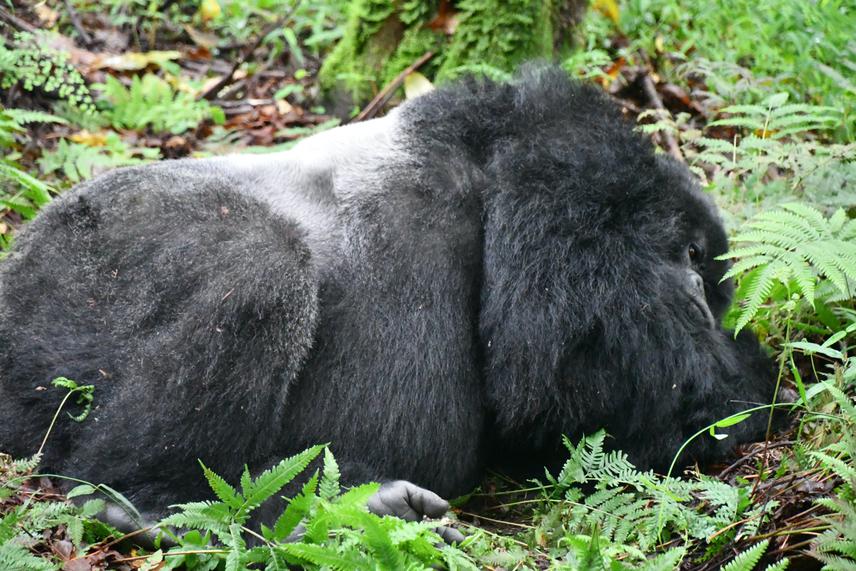Ricky Okwir Okello
Respiratory infections significantly threaten the health and conservation of mountain gorillas inhabiting the Bwindi-Mgahinga Conservation Area (BMCA). This proposed study aims to address critical knowledge gaps in the epidemiology and pathology of these infections through a comprehensive investigation encompassing lung pathology, causative agent identification, and immune profiling. This research enhances conservation efforts and management strategies tailored to this endangered species by elucidating the underlying mechanisms of respiratory ailments in gorillas.
The research methodology involves meticulous examination of lung tissue specimens obtained from deceased gorillas within the BMCA. Histopathological analyses utilizing advanced techniques will characterize the morphological changes associated with respiratory pathology. Additionally, molecular diagnostic assays will detect, and genotype viral, bacterial, and other microbial agents implicated in respiratory infections. Immunological profiling will complement these analyses, providing insights into the host immune response to infectious agents.

Silverback suffering from respiratory infection. © Okwir Ricky Okello, Gorilla Doctors.
The findings of this study are expected to have far-reaching implications for gorilla conservation, comparative medicine, and wildlife disease surveillance. By delineating the epidemiological and pathological factors driving respiratory infections in mountain gorillas, this research will inform the development of targeted diagnostic tools and therapeutic interventions. These interventions will be crucial for mitigating the impact of respiratory diseases on gorilla populations, thereby safeguarding their long-term viability.
Furthermore, the data generated from this study will contribute to the broader scientific understanding of infectious diseases in wildlife, facilitating the development of more effective disease surveillance and management strategies. Through collaboration with conservation and veterinary medicine stakeholders, the research outcomes will be translated into actionable measures to promote the health and well-being of mountain gorillas and their ecosystems.
In conclusion, this research initiative represents a significant step towards addressing the challenges of respiratory infections in mountain gorillas. By advancing our understanding of the epidemiology and pathology of these infections, this study will pave the way for evidence-based interventions to ensure the long-term survival of this iconic and endangered species.